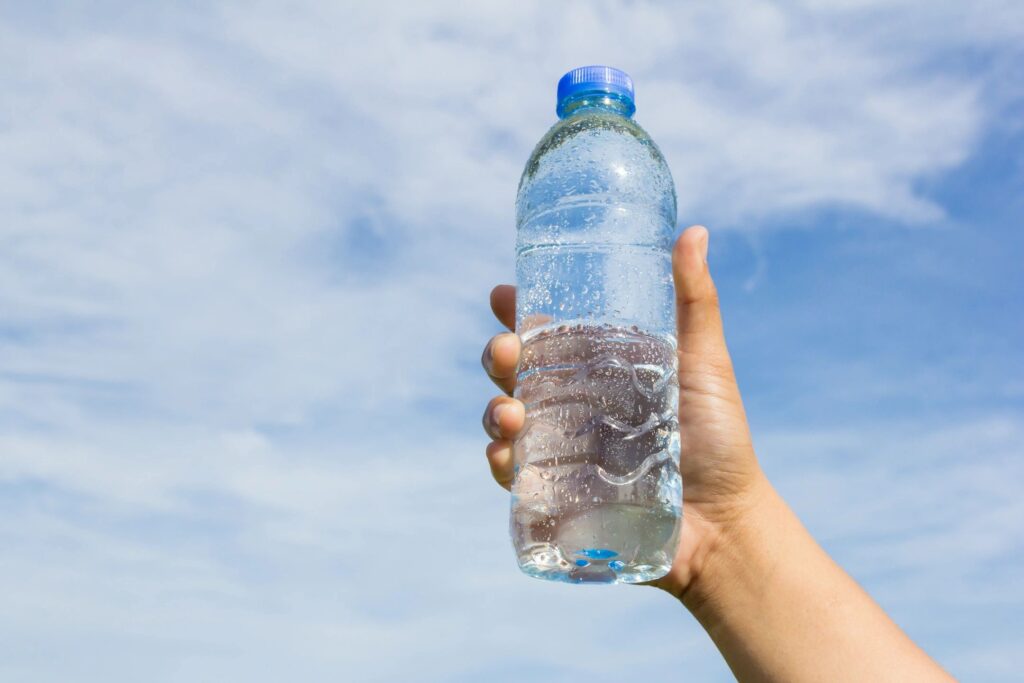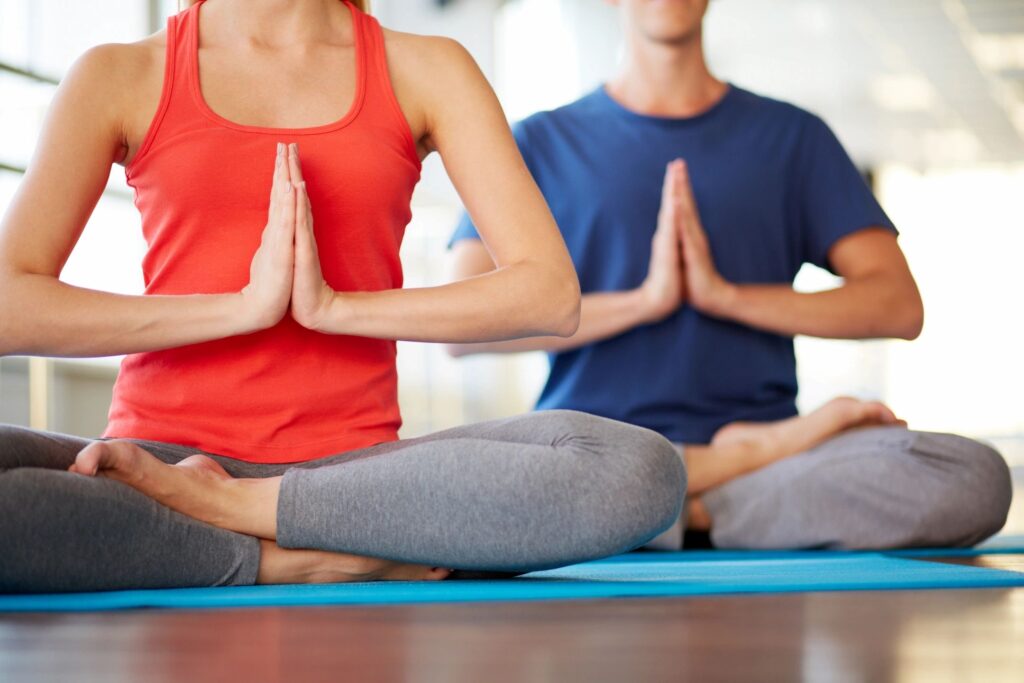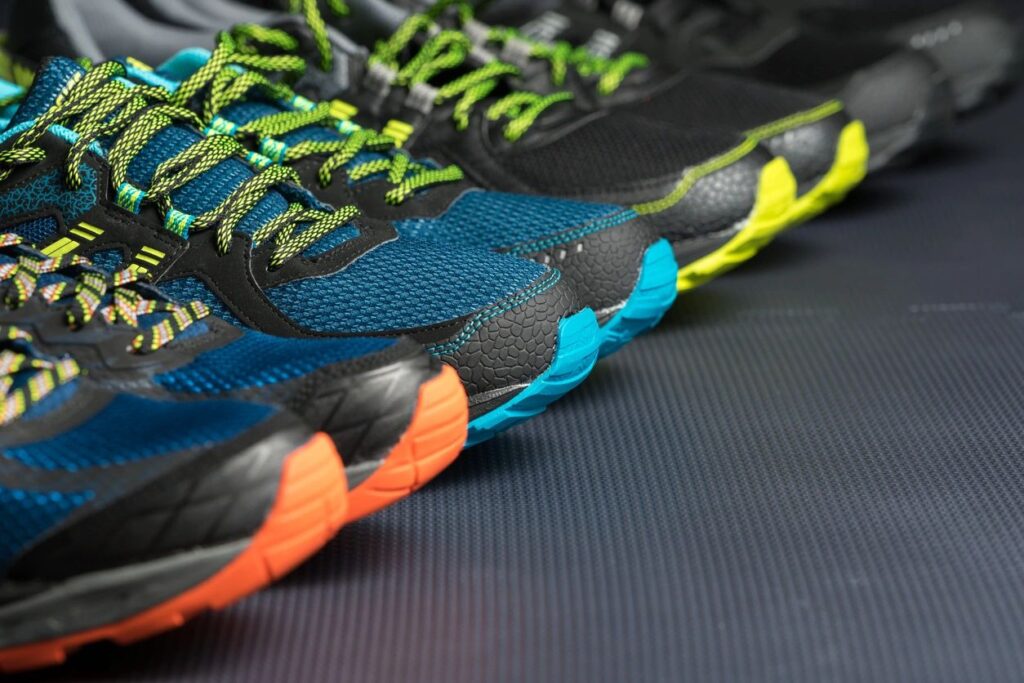After a long run, how do you best cool down? This question sparks much debate among athletes and fitness enthusiasts, especially regarding the effectiveness of drinking cold water to lower body temperature. Cooling down properly post-run is crucial for recovery, and many suggest that cold water not only quenches thirst but also brings down core temperature, aiding in faster recovery.
This article dives into this debate, aiming to shed light on the real impact of cold water consumption on post-run cooling. We will explore scientific evidence and seek opinions from experts in sports science and nutrition. By examining research and expert insights, we aim to provide a comprehensive understanding of whether cold water truly is the key to cooling down after running.
How body cooling works
When you run, your body works hard, and its temperature starts to climb. To regulate this, your body kicks its cooling mechanisms into high gear, primarily through sweating and increased blood circulation. As you exert yourself, your sweat glands release sweat, which evaporates off your skin, taking heat with it and helping to lower your body temperature. At the same time, your blood vessels expand, a process known as vasodilation, allowing more blood to flow to the skin’s surface, where it can release heat into the environment.
This dual approach efficiently manages your body heat, even during intense physical activity. However, as your body temperature rises, the stress on your body increases. If not managed properly, it can lead to overheating and dehydration, making cooling down after running essential for recovery. Cooling down helps to gradually lower your body temperature and normalize your heart rate, aiding in the recovery process and preparing your body for the next physical challenge.
Why is cold water more refreshing
The theory behind drinking cold water to cool down hinges on the idea that cold fluids can lower core body temperature by absorbing internal heat as they pass through the digestive system. When you drink cold water after running, it supposedly acts as an internal coolant, speeding up the reduction of your body’s heat.
Some studies support this theory, suggesting that ingesting cold liquids can indeed lead to a more rapid decrease in body temperature and improved heat dissipation, especially in hot conditions. For example, research has indicated that athletes who consume cold water during or after intense exercise can better maintain their performance and reduce heat stress compared to those who drink warmer fluids.
However, other studies suggest the cooling effects of cold water might be more psychological, offering a refreshing sensation that can momentarily make one feel cooler without significantly impacting core body temperature. Despite these differing views, the role of cold water in aiding the body’s cooling process after exercise remains a popular strategy for many athletes seeking relief from the heat and a quicker recovery.
How cold water affects the body post-exercise
Drinking cold water after running triggers several physiological responses in the body, impacting everything from blood flow to digestion. Here’s how:
- Blood Flow Adjustments: Cold water consumption causes peripheral blood vessels to constrict, redirecting blood flow away from the skin to the body’s core. This can help in reducing core temperature more efficiently.
- Digestive Reactions: The digestive system works harder to warm the cold water up to body temperature, which can temporarily increase metabolism. However, this might also divert energy away from the recovery process.
- Hydration and Recovery: Cold water is more refreshing and can encourage increased fluid intake, aiding hydration. Proper hydration helps in quicker recovery by facilitating the removal of toxins accumulated during exercise.
- Risk of Cramping: There’s a potential risk that the sudden cooling from cold water might lead to muscle cramps, especially if the body is still overheated or if one drinks too quickly.
- Quicker Temperature Regulation: The primary benefit is the potential for quicker core temperature regulation, making the recovery process more comfortable and potentially faster.
While the benefits of cooling down quicker with cold water are clear, it’s important to balance this with the body’s needs. Drinking cold water should be gradual to avoid shocking the system, especially when the body is still in a state of heightened temperature post-exercise.
Alternative post-run cooling methods
Apart from drinking cold water, runners have several options to cool down after a rigorous session. Cold showers, ice baths, and cooling vests represent popular alternatives, each with its unique benefits and drawbacks in terms of effectiveness and practicality.
- Cold Showers: Quickly lower body temperature by directly cooling the skin and stimulating blood circulation. They are easily accessible and can be adjusted to a comfortable temperature, making them a practical choice for immediate post-run cooling.
- Ice Baths: Are known for their effectiveness in reducing muscle soreness and inflammation by constricting blood vessels and decreasing metabolic activity. However, they can be quite uncomfortable and less practical for everyday use due to the need for preparation and the shock to the system they can cause.
- Cooling Vests: Offer a practical way to reduce core temperature before, during, or after a run. By directly cooling the body without wetting the skin, they allow for gradual temperature control. However, their effectiveness can vary, and they may be less accessible due to cost and the need for pre-cooling.
Compared to these methods, drinking cold water is less invasive and more accessible, providing a practical and immediate way to start the cooling process. However, the effectiveness of cold water in reducing core body temperature might not be as direct or significant as these more targeted cooling strategies. Each method has its place in a runner’s recovery toolkit, with the choice depending on personal preference, practicality, and the specific recovery needs of the individual.
______________________________
In conclusion, cooling down after running is essential for recovery, with drinking cold water being a popular method due to its simplicity and immediate refreshing effect. While cold water can help lower core temperature and encourage hydration, it’s one of many strategies available to runners. Alternatives like cold showers, ice baths, and cooling vests offer varying degrees of effectiveness and practicality. Each method, including cold water consumption, has unique benefits and potential drawbacks. Runners should consider their personal recovery needs, preferences, and the practicality of each cooling method to choose the best approach for their post-run routine.




